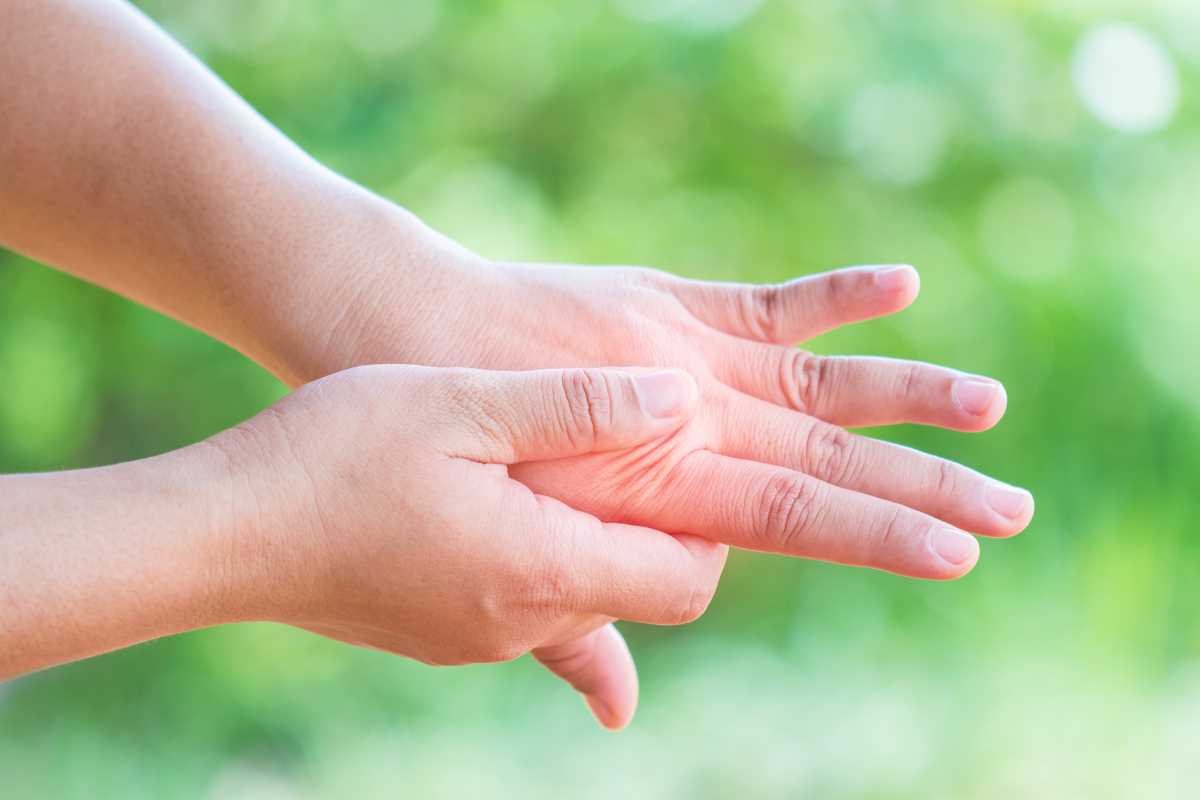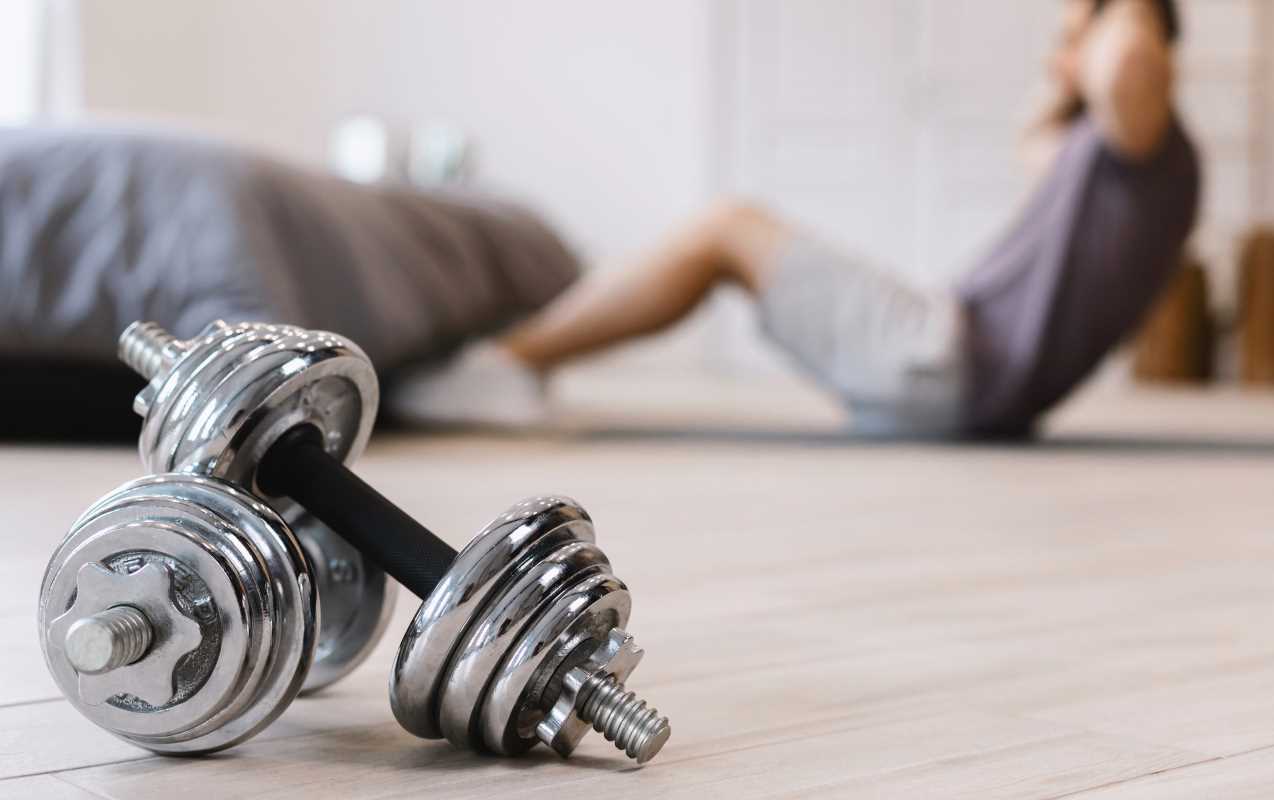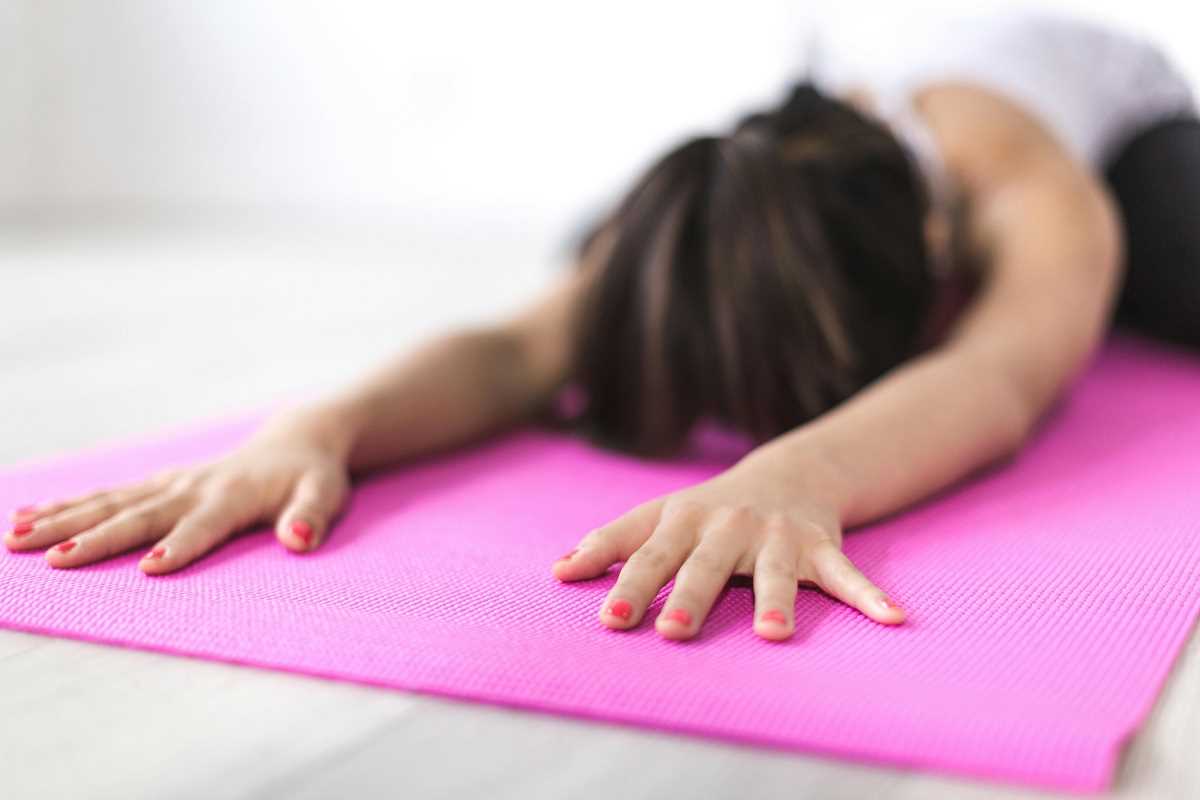Tai Chi, an ancient Chinese martial art, has gained significant traction in modern fitness and wellness communities. Known for its graceful movements and meditative qualities, Tai Chi offers a unique blend of physical exercise and mental relaxation. People of all ages are embracing this practice for its ability to enhance physical strength and flexibility and its profound impact on mental well-being.
The Mind-Muscle Connection
The concept of the mind-muscle connection is central to Tai Chi. This practice emphasizes the harmonious interaction between mental focus and physical movement, allowing practitioners to achieve a deeper level of body awareness. Individuals can engage their muscles more effectively by concentrating on each movement, improving coordination and balance.
Engaging in Tai Chi offers a wealth of benefits that holistically nurture both mind and body. Here's a closer look at how it can transform your well-being:
- Enhances mental clarity and reduces stress—Tai Chi's slow, flowing movements are coupled with deep, rhythmic breathing, which helps calm the nervous system. Regular practice can reduce cortisol levels, promoting a sense of relaxation and focus. Over time, this meditative practice sharpens mental clarity, allowing you to tackle daily challenges with a clear mind and reduced anxiety.
- Improves muscle strength and joint flexibility—Tai Chi movements involve shifting weight slowly and maintaining balance, gradually strengthening leg muscles and core stability. Its gentle stretches keep joints fluid and limber, making it an excellent low-impact exercise for individuals managing arthritis or stiffness. This can translate to better mobility for everyday tasks, such as walking, bending, or lifting.
- Boosts cardiovascular health—Though it's a gentle exercise, Tai Chi keeps your heart pumping steadily. Over time, this enhances circulation and helps maintain healthy blood pressure levels. Tai Chi offers an accessible way to improve cardiovascular fitness, especially for those who may find high-intensity workouts too demanding.
- Promotes better posture and alignment—Tai Chi teaches you to move with intention and balance, refining your body’s natural alignment. This focus on posture enhances spinal health, improves breathing, and reduces muscle strain. Better posture can alleviate back or neck pain caused by prolonged sitting or poor positioning throughout the day.
- Increases overall mindfulness and emotional stability – The practice of Tai Chi involves being fully present in each movement, fostering mindfulness. This heightened awareness helps you respond calmly to stressful situations and fosters emotional resilience. Over time, it can improve your outlook on life, instilling a greater sense of stability and inner peace.
By integrating Tai Chi into your routine, you can enjoy physical health benefits and a profound impact on your mental and emotional well-being, making each day feel more balanced and intentional.
Scientific Evidence
Research has increasingly validated tai chi's benefits for overall health. Numerous studies have demonstrated its effectiveness in reducing stress, improving balance, and enhancing cardiovascular function. Experts in integrative medicine advocate for tai chi as a complementary therapy for various health conditions.
One notable study published in the Journal of the American Geriatrics Society found that Tai Chi practice significantly improved balance and reduced the risk of falls among older adults. Research from Harvard Health highlights how Tai Chi can lower blood pressure, enhance immune function, and alleviate symptoms of chronic diseases such as arthritis and diabetes.
Mood Enhancement
Practicing Tai Chi has profound psychological benefits that contribute to overall mood enhancement. The meditative aspect of Tai Chi encourages mindfulness, allowing individuals to focus on the present moment and release negative thoughts. This heightened state of awareness can lead to increased emotional resilience and a more positive outlook on life.
Regular Tai Chi practice can help reduce anxiety and depression by promoting the release of endorphins, the body's natural mood elevators. The rhythmic movements and deep breathing involved in Tai Chi also aid in calming the nervous system, reducing stress levels and improving mental clarity.
Pain Alleviation
Tai Chi is renowned for its ability to alleviate pain and improve mobility, making it an excellent option for those suffering from chronic pain conditions. The gentle, low-impact movements help strengthen muscles and joints without causing additional strain, relieving discomfort and enhancing overall physical function.
Specific conditions that may benefit from Tai Chi include:
- Arthritis: Reduces joint pain and stiffness
- Chronic Lower Back Pain: Improves spinal flexibility and strength
- Fibromyalgia: Decreases widespread pain and fatigue
- Osteoporosis: Enhances bone density and balance
- Parkinson’s Disease: Improves motor function and stability
Practical Tips for Practicing Tai Chi
With the right approach, Starting Tai Chi can be simple and accessible. Beginners are encouraged to find a local class or follow online tutorials to learn the basic movements and postures. Consistency is key, so setting aside a specific time each day for practice can help integrate Tai Chi into one's daily routine.
For those new to Tai Chi, it’s important to start with foundational exercises that focus on balance, breathing, and basic movements. As confidence and skill levels increase, practitioners can explore more advanced sequences and styles. Wearing comfortable clothing and practicing in a quiet, open space can enhance the overall experience.
Tai Chi offers a holistic approach to health and wellness, seamlessly blending physical exercise with mental relaxation. Its ability to improve mood, alleviate pain, and enhance overall fitness makes it a valuable practice for individuals seeking a balanced and mindful lifestyle. Whether you’re a seasoned fitness enthusiast or just beginning your wellness journey, Tai Chi provides accessible and effective benefits that contribute to a healthier, more harmonious life.







